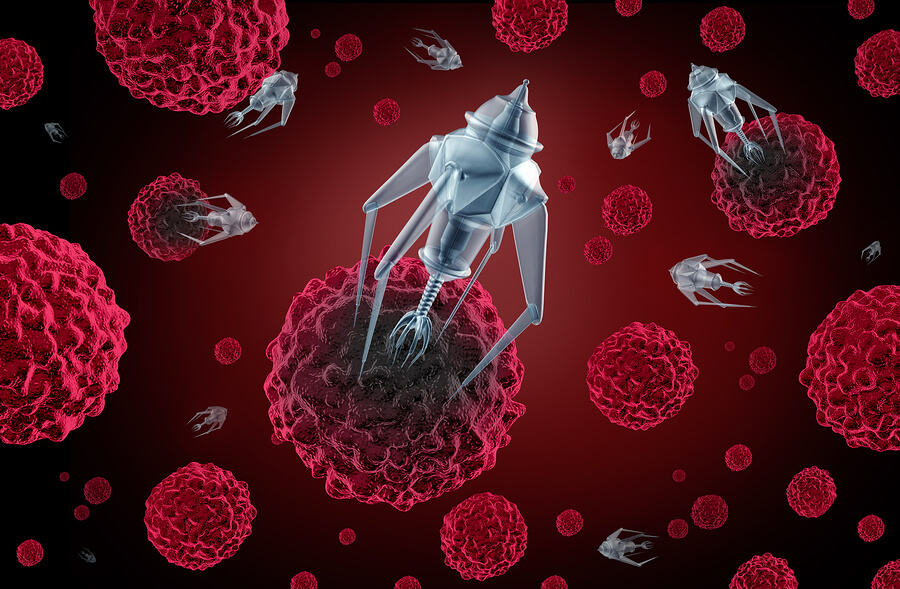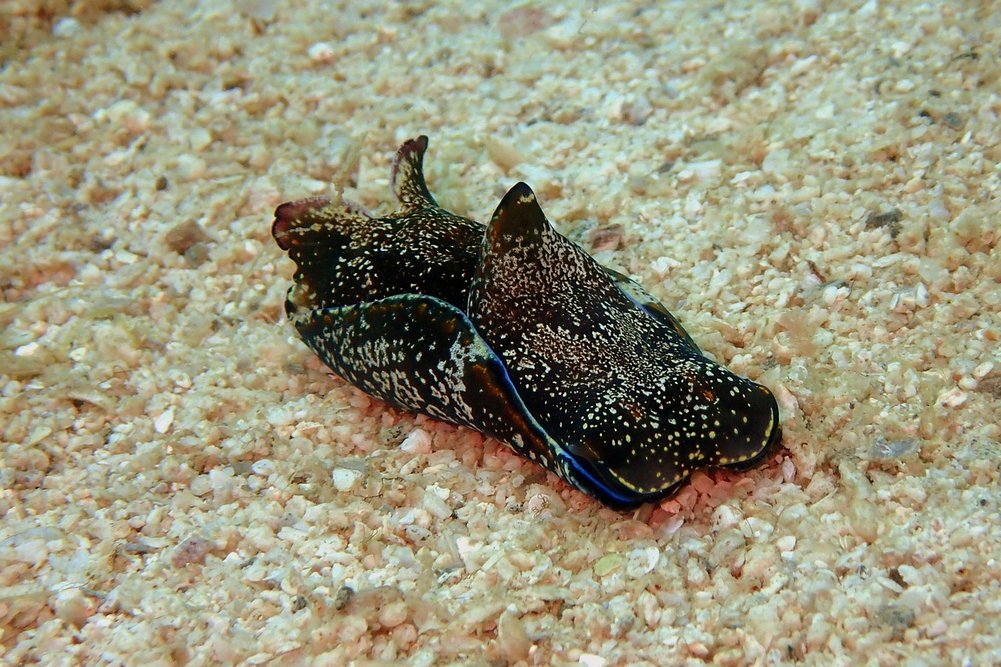At the last year’s annual meeting of the Society for Neuroscience scientists presented a very interesting research topic about our gut microbiome. They have revealed that in some way gut bacteria influence the way how the brain work. An important question arose from the mental health pont-of-view: Can we treat mental and neurological diseases by tinkering with our gut microbiome?
Gut microbiome is the full collection of genes of microbiota within the intestine, which is a dynamic and complex microbial ecosystem of bacteria. These gut bacteria are capable of producing a great amount of neuroactive compounds, such as dopamine, serotonin, gamma-aminobutyric acid (GABA), norepinephrine, etc.
Scientists have already made some experiments, where they changed the behavior of lab animals and small number of people by meddling with their gut bacteria. These investigations have resulted in speculation that gut microbes have an influence on cognitive function and fundamental behavior patterns, such as social interaction and stress management. Furthermore, it was suggested that gut microbiota could have a role in the regulation of autism spectrum disorder, anxiety, depression and chronic pain.
The proposed idea makes a certain amount of sense considering gut bacteria produce the very chemicals that brain cells use to communicate. We also have to remind ourselves that human and bacterial cells have evolved together through time into a “holobiont”, which by definition is a biological organization composed of a host (human) and its microbiota (gut bacteria).
The problem occurs when figuring out the body-microbe exchange. First of all, we are not exactly sure which ingredients alter a healthy microbial community, nor is it determined how neural messengers travel between microbes and the brain.
Chemically speaking gut microbes speak the same language as the brain does. Microbiota communicates with central neural system (CNS) with a help of neurotransmitters. There is a possibility that signals between the gut and the brain pass through different channels like neural, endocrine and immune pathways.

We still lack the knowledge of which bacteria brighten the mood, nonetheless there are several studies emerging for the purpose of figuring this out. Additionally, we can not neglect the fact that microbes-brain exchange is a two-way traffic. Kirsten Tillisch and her colleagues are currently examining how brain can affect the microbiome by testing a mindfulness-based relaxation technique, which hypothetically could reduce stress and gut pain.
Even though we now know that microbiome can affect our mind and vice versa, we still need to understand it better, so we can combat complex CNS disorders more effectively.
Blazka Orel, MSc, BioSistemika LLC
Original article: Science News










